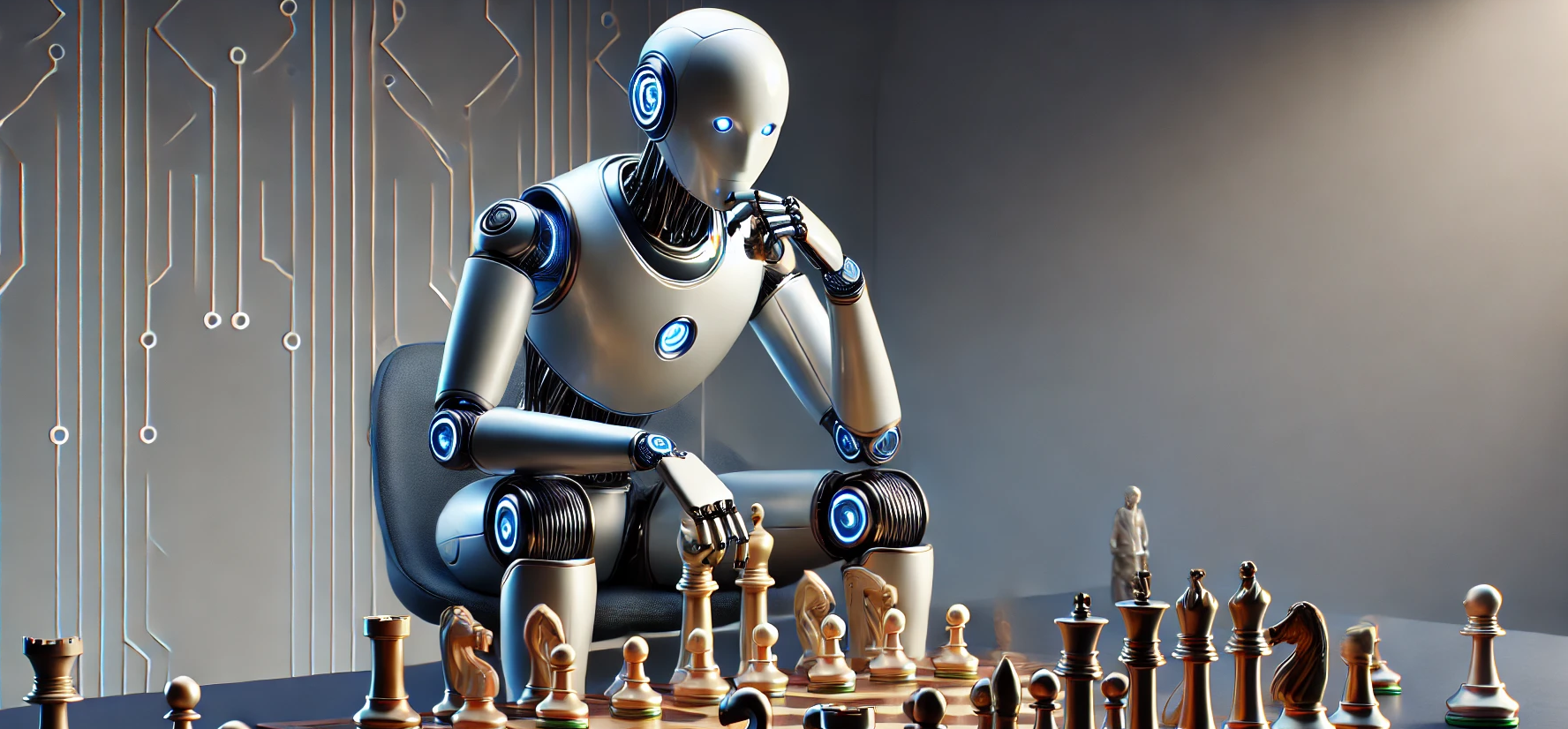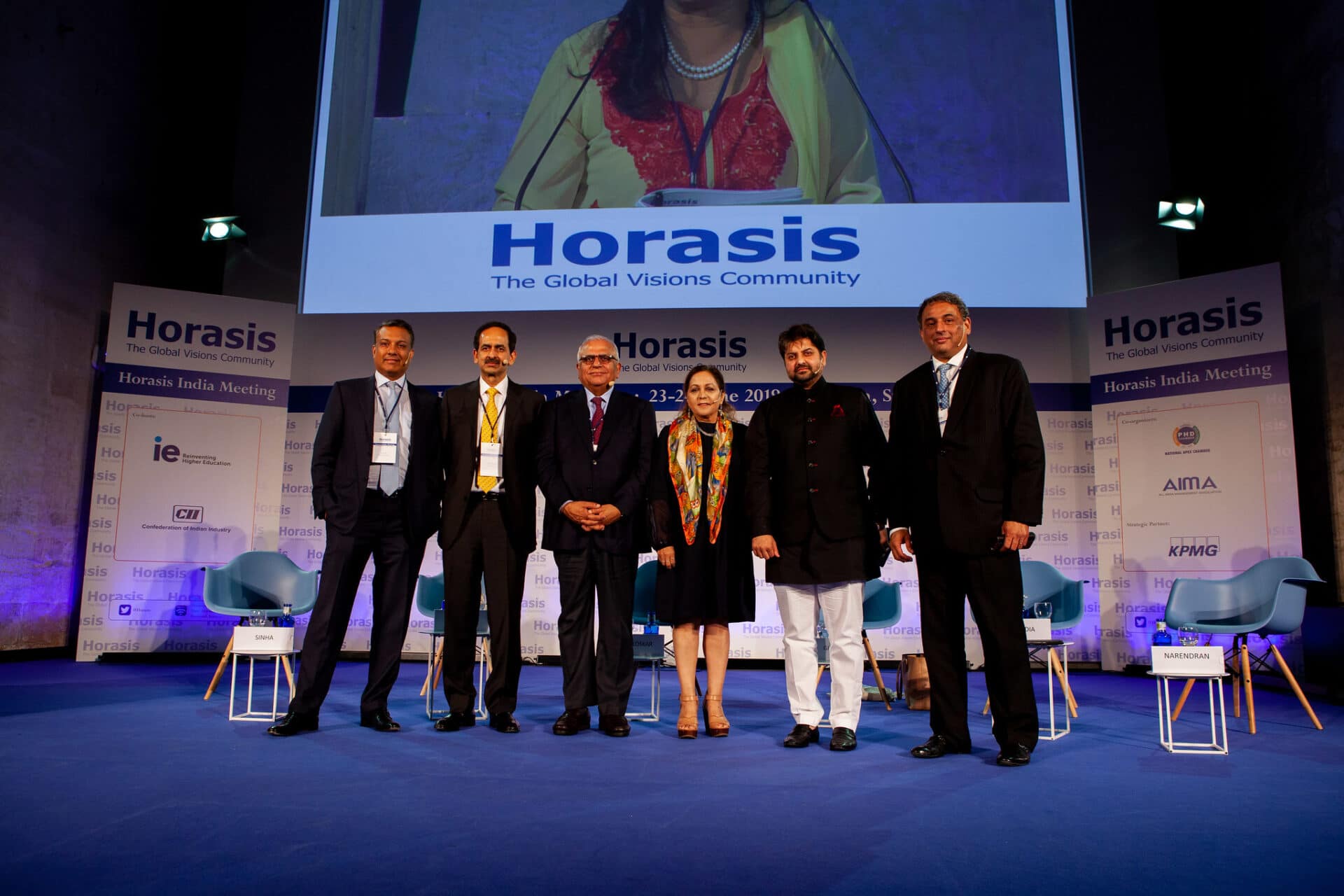Human Resources in the Age of AI: The Key to the Future
“The greatest asset of any community is its human capital.”
— Herbert Hoover, 31st President of the United States.
Who hasn’t heard the phrase, “Our employees are our greatest asset”? Who hasn’t had to fill out countless repetitive forms when job hunting? Who hasn’t received a message saying their résumé would be kept on file for future openings—only to never be contacted again? Believe it or not, this isn’t a reflection of your abilities but rather a lack of competence in companies’ recruitment processes.
Let’s start with the forms. Wouldn’t it be more practical to have a unified database containing our information—including CVs, psychological assessments, articles, and much more—where companies could request access, which we could grant or deny? This way, even if a recruiter needs additional information, it would already be recorded in our personal database, eliminating the need to provide it again if another company requests it.
Another benefit of this unified database is the control over privacy. If we choose not to share our data, a simple button could revoke access. This system, built on a single global database, would function similarly to our emails today. You might use Outlook, Gmail, or another platform, but interoperability exists among them thanks to open and standardized protocols.
Now, let’s address the notorious challenge of interviews. In his book “Thinking, Fast and Slow”, psychologist Daniel Kahneman—considered the “father of behavioral economics”—mentions how interviews in the Israeli Defense Forces’ selection processes were insignificant in evaluating candidates’ potential, yet they still determined their futures. He introduced algorithms into the system. AI-conducted interviews can evaluate a professional’s development over a year or a lifetime, providing recommendations on how and where to acquire missing skills, highlighting areas for improvement, and offering factual analyses to the hiring company.
In this way, the selection process would be more efficient because it wouldn’t require advertising the vacancy, contacting headhunters, and waiting for candidates to respond before evaluating their answers. It would be more like: “AI, I need an executive to lead the Investor Relations department.” The AI would ask questions like: “What level of seniority do you desire?“, “Which languages are important for them to speak?“, “Tell me about your company’s culture,” “What is your budget?“—and within seconds, dozens of candidates would be pre-selected from a database of billions, emphasizing those most suitable for the position. The AI could also present a comprehensive analysis of each candidate’s strengths and weaknesses and, in some cases, automate the entire process. Much is said about AI’s ethical problems, but we forget that humans also have biases. It’s easier to instruct technology to ignore gender, age, and nationality than to expect a human to overlook cultural aspects, which are often unconscious.
A universal standard for a candidate database could allow us to consider options from other countries, maximizing returns for both the candidate and the company. In my previous article, “Global Potential for Borderless Challenges“, I discuss how talented professionals in developing countries like India, Pakistan, and Egypt can offer their services at much higher rates than they would receive in their local markets—where demand is limited—while simultaneously enhancing their skills and the social well-being of their communities. This would eventually impact innovation, companies’ financial results, tax revenues, social security, global GDP, and much more. With the company’s permission, AI could finally point out gaps in a candidate’s résumé—something that causes significant anxiety for people who don’t understand why they’re not being called for interviews—all while maintaining the company’s privacy.
Such a system could recognize and filter recurring attempts to deceive employers—for example, those who claim to speak English fluently but actually “not so much.” As an entrepreneur and executive, the most important thing for me is something that’s not on the résumé and that humans are very poor at identifying: whether I can trust that person. A super AI could, through inconsistencies, assess a candidate’s credibility, integrity, ethics, and reputation. This would encourage professionals to reflect on their attitudes, focusing more on personal development and less on gaming the system.
AI would more easily identify the cultural match between the company and the candidate, which would increase employee engagement—a serious problem in today’s corporate world. It could measure emotional intelligence in a more scientific way, less reliant on gut feeling. With the candidate’s permission, their smartphone could become a sensor. Applications using this technology could record and analyze daily conversations and emails to define a range of characteristics and skills such as education level, stress tolerance, writing ability, among many others. Thus, a wealth of information that you or a company would never otherwise access could now provide objective indicators of these traits.
The biggest challenge with this system would be its approach to the right to make mistakes. Suppose a candidate lied, was caught by the system, and has a “truth score” near absolute zero. Would they never receive another opportunity? And if a candidate had a positive drug test, would they be eternally labeled an addict?
While these new systems aren’t born perfect, they can be improved based on scientific research from universities, startups, corporations, and civil society. In one to two decades, we could optimize human capital allocation for a large portion of humanity. The benefits of these actions cannot be ignored, especially considering the global challenges they would help solve.
Companies would provide feedback throughout the hiring and professional development process, which would help improve the AI. Remote or in-person education systems would have their certificates automatically registered in the database, as would volunteer work, public speaking engagements, podcast interviews, and much more. Today, this information is captured by employers in a shallow and imprecise way.
We are living in a unique moment in history where technology—especially Artificial Intelligence—offers us incredible opportunities to transform how we manage and value human capital. Imagine a world where recruitment processes are fairer, more efficient, and transparent; where talents are discovered, allocated and developed optimally, benefiting both professionals and companies. This future is within our reach and brimming with potential for innovation, economic growth, and personal development.
We invite you to embrace this vision and explore how AI can be a powerful ally in building more ethical, inclusive, and productive work environments. Together, we can redefine Human Resources and maximize the value of human capital for the benefit of society and the planet. Feel free to contribute new points and ideas to this discussion. My colleagues, global leaders, and I are eager to discuss the current challenges societies face and their solutions at the Horasis Global Meeting. This event, which will be hosted for the first time in South America, will take place on October 25–26 in Vitória, Brazil.
By Daniel R. Schnaider, Co-Founder & CEO of Wisefy AI Powered Supply-Chain



